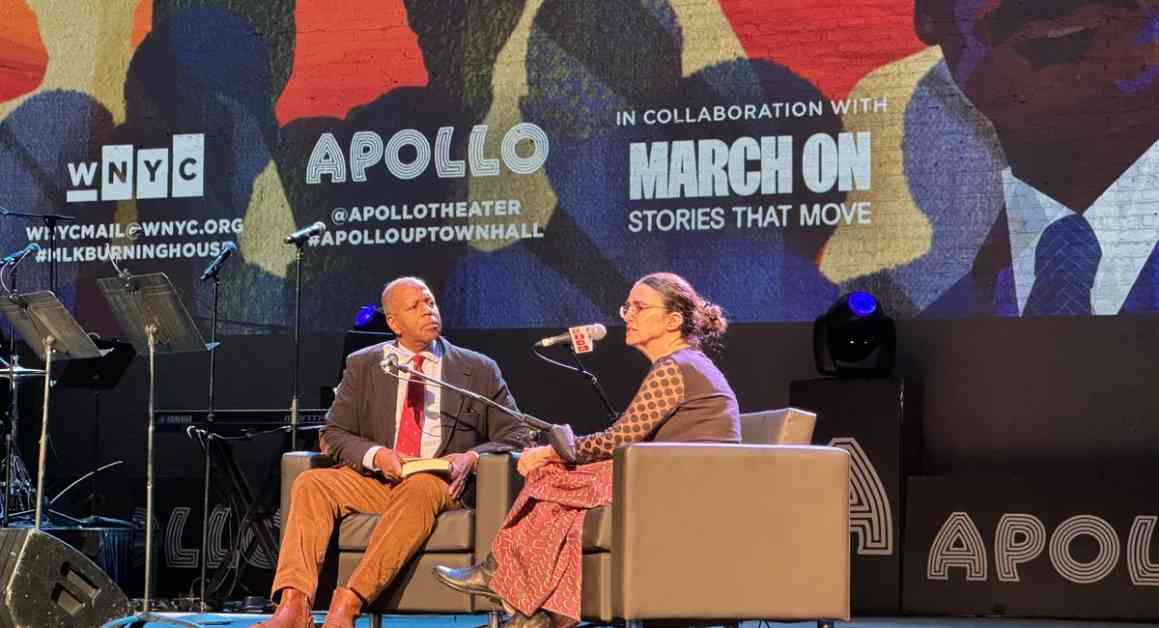Reflecting on MLK’s Legacy
The Apollo Theater recently hosted its annual Martin Luther King Jr. Day tribute, titled “A Burning House – MLK and the American Experiment,” in collaboration with WNYC. The event brought together prominent figures to reflect on Dr. King’s teachings and their relevance to systemic racism in America.
Expert Insights on Dr. King’s Understanding of Racism
Distinguished professor Jeanne Theoharis discussed how Dr. King’s experiences in Northern cities like New York and Boston shaped his understanding of systemic racism. She highlighted that some dimensions of segregation originated in the North, shedding light on lesser-known aspects of Dr. King’s life and work.
Personal Stories and Reflections
Rev. Dr. Jacqui Lewis shared a poignant childhood memory of Dr. King’s assassination and its impact on her life. She emphasized the transformative power of Dr. King’s message and the call to be agents of peace in today’s world.
Jonathan McCrory, artistic director of the National Black Theatre, touched on the concept of agape love and its relevance in fostering understanding and unity in society. His perspective added depth to the discussion on Dr. King’s legacy and the importance of love in addressing modern challenges.
Relevance of Dr. King’s Message Today
Political science professor Christina Greer emphasized the breadth of Dr. King’s advocacy, noting his efforts to mobilize not just poor Black Americans but also poor white individuals. She highlighted the importance of addressing systemic issues like corporate practices affecting job opportunities, rather than blaming immigrants for societal problems.
As we reflect on Dr. King’s legacy and the ongoing fight for justice, it is crucial to heed the words of these experts and activists. Their insights offer a roadmap for addressing contemporary challenges and building a more equitable society. Let us honor Dr. King’s memory by continuing to strive for peace, understanding, and justice in our communities.












